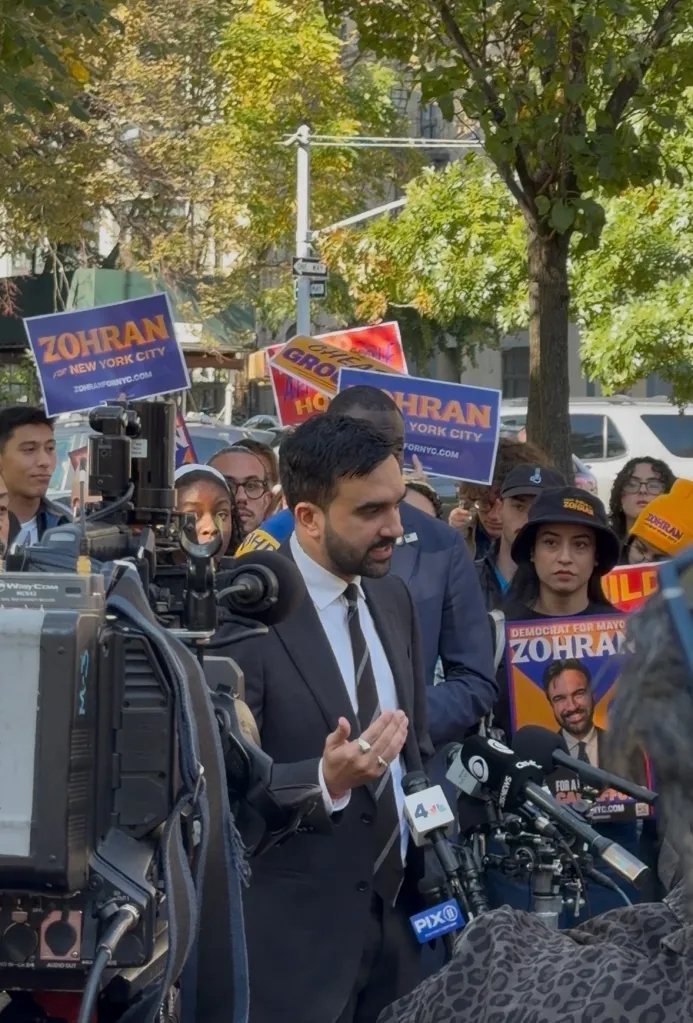How Many Early Voters Can’t Change Their Mind On Jay Jones?
Teh article discusses a scandal involving Jay Jones, the Democratic nominee for Virginia attorney general, who sent graphic text messages expressing violent fantasies about assassinating a political opponent. This controversy highlights broader issues in today’s political culture as well as the practical challenges of how elections are administered in virginia.Despite the scandal, leading Democratic candidates Abigail Spanberger and Ghazala Hashmi have refused to ask Jones to withdraw, partly because early voting had already begun and tens of thousands of Virginians had cast ballots for him. Removing Jones now would effectively disenfranchise those voters, creating a arduous political and ethical dilemma. The article draws a comparison to a past Senate ethics case to emphasize that principles should sometimes outweigh political expediency. It also criticizes the long, drawn-out election season, arguing that voting at different times with uneven details can skew results. The author suggests that if the backlash helps Republicans win, it might prompt a reconsideration of early voting practices in Virginia.
The scandal whereby Jay Jones, the Democrat nominee in the Virginia attorney general race, sent graphic text messages describing his desire to assassinate a political opponent says much about our current political culture. Beyond how some describe “violent” policies to justify violent actions against their adversaries, it also reflects the practical realities of the way states administer elections.
The candidates at the top of Virginia’s Democrat ticket, gubernatorial nominee Abigail Spanberger and lieutenant governor nominee Ghazala Hashmi, have, as of this writing, refused to demand that Jones remove himself from the ticket. One potential reason for their reluctance to do the obvious “right thing”: It would disenfranchise tens of thousands of Virginia voters.
Afraid of Losing?
On a practical — and cynical — level, Virginia Democrats might worry that calling for Jones to drop out would guarantee an electoral loss. But history, not to mention a sense of self-respect, suggests some things are more important than winning one election.
In September 1995, Sen. Mitch McConnell, R-Ky., served as chairman of the Senate Ethics Committee that unanimously recommended the expulsion of Sen. Bob Packwood, R-Ore. The next day, Packwood resigned. A Democrat, Ron Wyden, won the special election to replace Packwood and has remained in the Senate for going on three decades since.
In acting to give Packwood the boot, McConnell and the Republican majority cost their party a Senate seat for decades. But some principles are more important than raw politics. (In reality, lawmakers should have expelled Packwood from the Senate for his lecherous behavior years, if not decades, before they finally did.) Likewise, the Commonwealth of Virginia should not have as its chief law enforcement official someone who talks in graphic detail about killing an elected official of the opposite political party.
A Quarter-Million Votes
There’s a related element to Democrats’ crass calculations. Early voting in Virginia began on Sept. 19 — two weeks before the scandal broke. Many Virginians had already voted before the news of Jones’ homicidal texts became public, meaning that if Jones drops out now, anyone who voted for him will be effectively disenfranchised.
As of Oct. 2, the day before the Jones scandal surfaced, roughly 300,000 people had voted in the commonwealth. While Virginia does not register voters by party, making it more difficult to know which parties and candidates the early vote favors, it seems reasonable to say Jones had received more than 100,000 votes. He could have received tens of thousands of votes more than that, especially given 1) the tens of thousands of people who voted on Oct. 3, at least some percentage of whom knew nothing about the assassination scandal before voting, and 2) the individuals who mailed their ballots before the scandal broke, even if the ballots were not processed by the Board of Elections until after Oct. 3.
If Jones drops out, all those votes get vaporized. People’s ballots for attorney general will become meaningless if the Democrat nominee withdraws. And that presents the Democrat Party with a second self-inflicted wound.
Think about it: If you’re a Democrat, and you claim you’re fighting to “save democracy,” do you really want to have to tell more than 100,000 Virginians that their votes don’t matter because 1) Jay Jones has violent fantasies, 2) the party didn’t adequately vet its attorney general nominee, and 3) elected Democrats successfully campaigned for months and months of perpetual voting? It’s not a good look. Mind you, I don’t think it justifies keeping Jones on the ballot, but I can see the CYA mindset at work.
End ‘Election Season’
The assassination scandal provides another reason why, in addition to calling on Jones to drop out, Democrats should also end the nonsense of a months-long “election season.” When people vote at different times, they do so with different levels of information, which almost by definition will produce different results, particularly in the case of late-breaking but important news like the Jones scandal.
While I have voted before Election Day in rare circumstances, I do so rarely and begrudgingly (e.g., tending to a family medical emergency last year). Beyond the attraction of a collective civic action — all of America voting on a single day — I don’t understand why voters would give up their “leverage” over politicians before they have to do so. Tens of thousands of Virginia residents who voted for Jones before Oct. 3 may be thinking the same thing and kicking themselves in the process.
If backlash to the Jones scandal means Virginia Republicans win an unexpected victory on Nov. 4, they should respond by sharply curtailing, if not eliminating, early voting in the commonwealth. Perhaps getting singed by one of their own may prompt Democrats to rethink their perpetual-election position.
Chris Jacobs is founder and CEO of Juniper Research Group and author of the book “The Case Against Single Payer.” He is on Twitter: @chrisjacobsHC.
" Conservative News Daily does not always share or support the views and opinions expressed here; they are just those of the writer."




